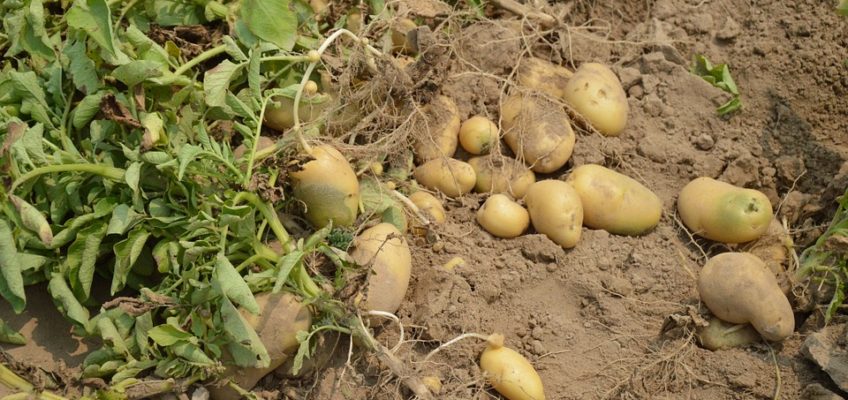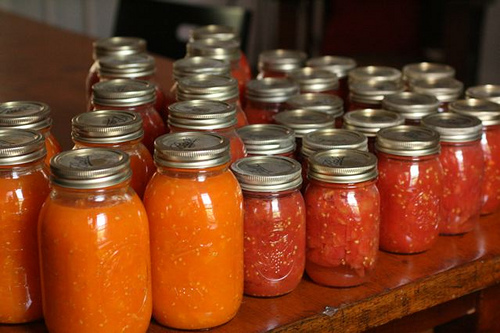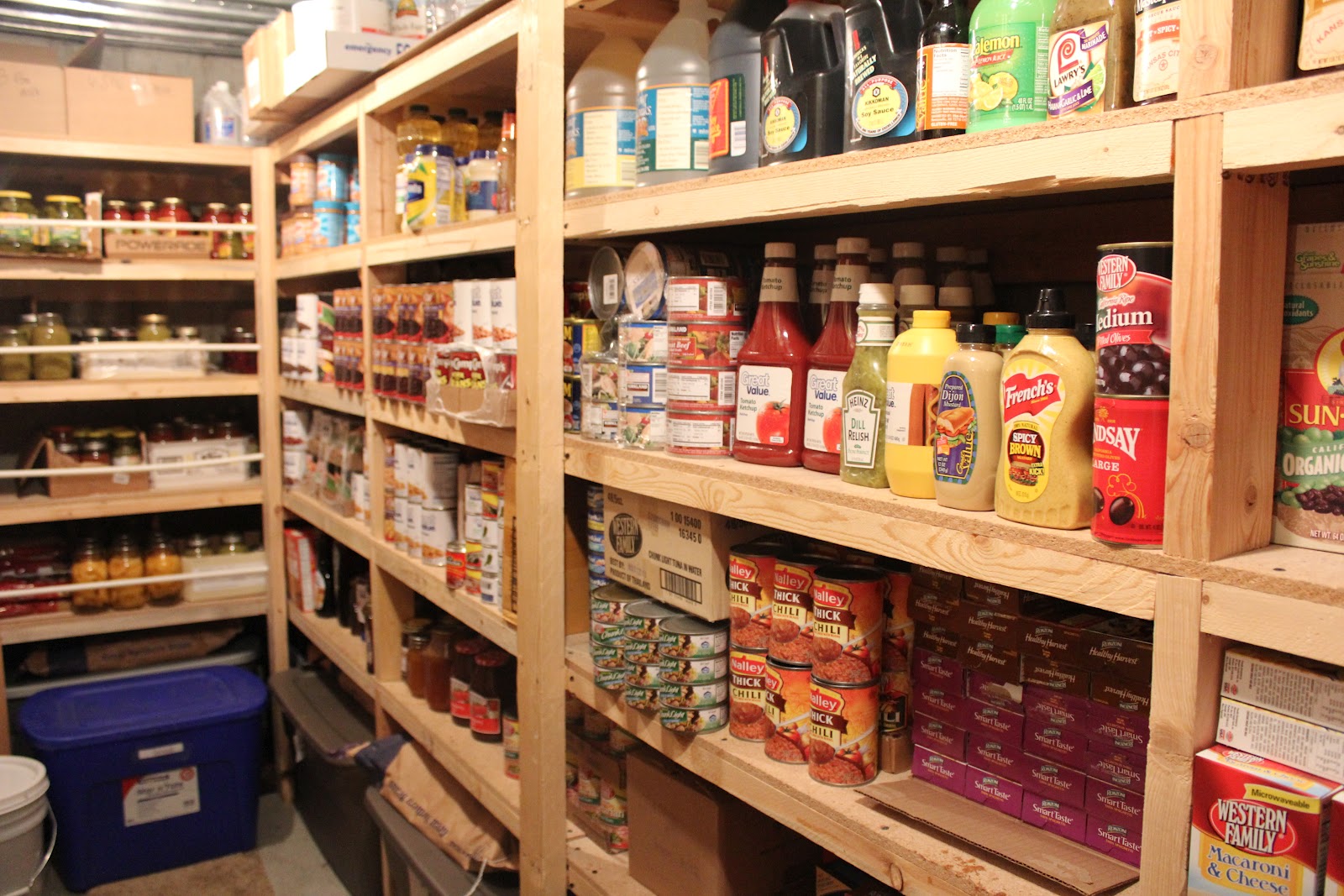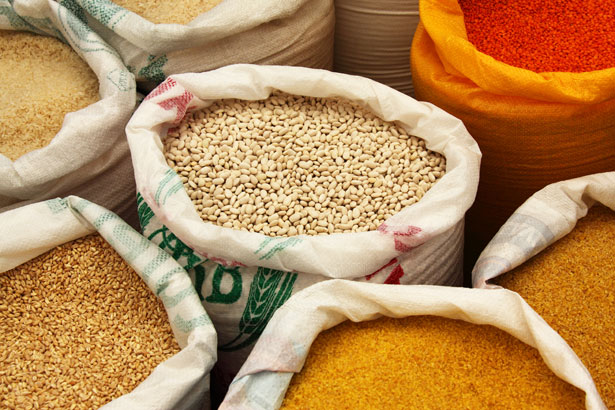Storing Potatoes for Winter
Potatoes are one of the best crops you can grow! Nutritious, substantial sources of food, they also keep well over the winter, if you know how to store them right. Whether you’ve been growing them and would like to do a big harvest to keep them all over the winter, or you’re buying them in bulk from … Read more




